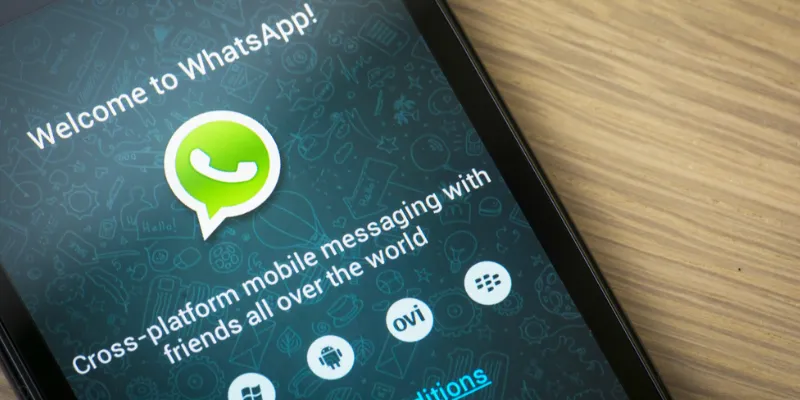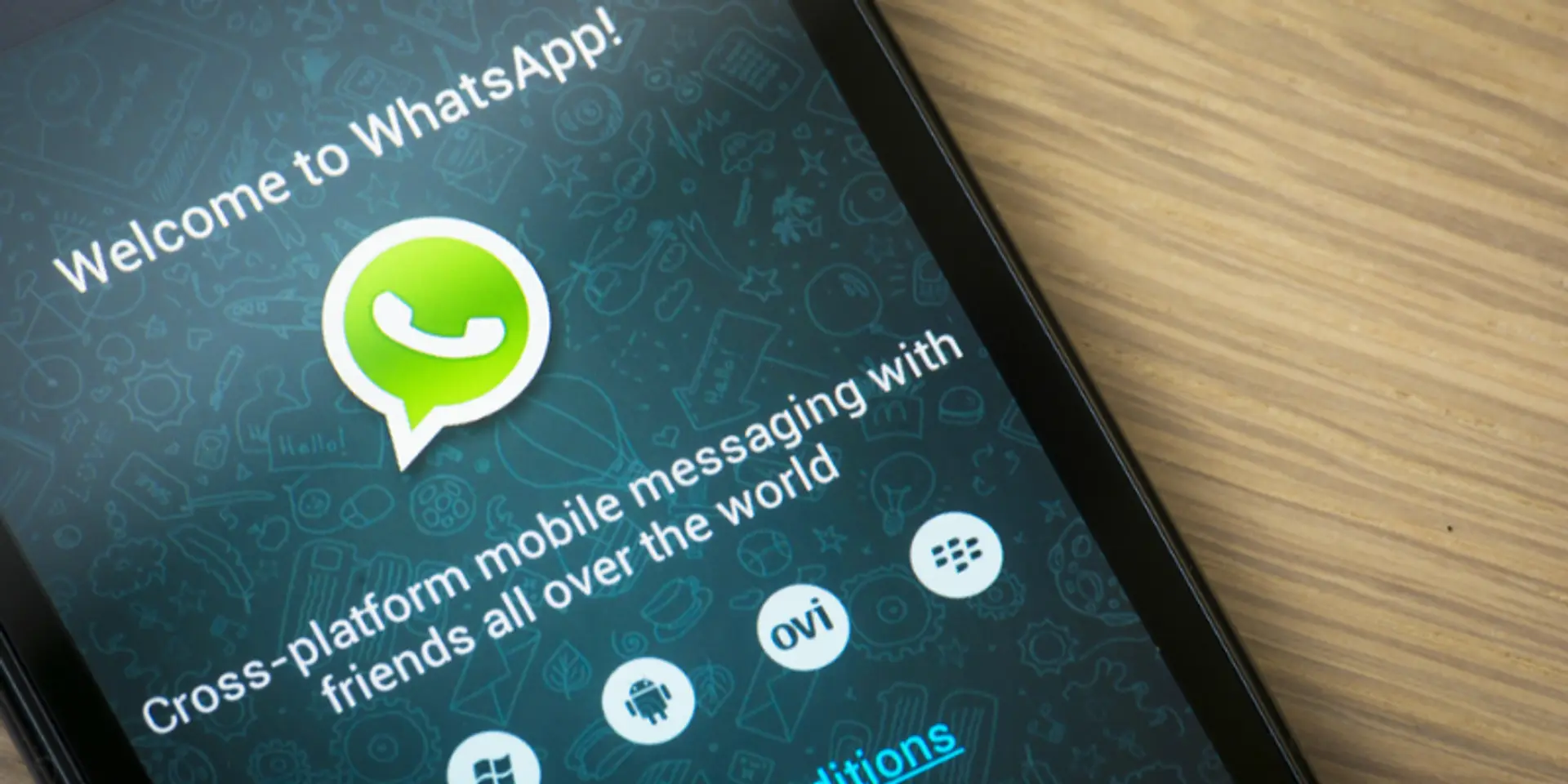Ever wondered how WhatsApp makes money? Here is fact vs fiction
The best things in life are free, and WhatsApp has striven to stay one of them. There has been widespread speculation, slating some perfectly ethical and some rather underhanded ways in which WhatsApp might have been making money off you - some of which we will discuss in the article ahead. However, none of it had been substantiated by anybody in the close circuit of WhatsApp. But, there is finally word from the horse's mouth, as they have announced that they are testing a system that will be a potential revenue stream, to allow businesses to push messages to consumers directly, according to a report by Reuters.

The evolution of WhatsApp - in rumours and revenues
WhatsApp had dabbled with the subscription revenue model in 2014, which amounted to charging an annual $0.99 membership fee, and earned above $1 billion in the first nine months of instating this fee. But following their $19-billion acquisition by Facebook, they came to revoke these charges, and WhatsApp was a free ride for its one-billion-strong and counting user base again.
Some wise guy on the Internet had said, "If you are not paying for it, you are the product," and this hit too close to home for WhatsApp's users, who clearly derived immense value from WhatsApp's rock-solid tech and infallible server that has rarely - if at all - allowed a message drop or lag, but never had to pay a dime for it. As WhatsApp had already taken a stand against integrating advertising into their app early on, the natural progression of the speculation was that WhatsApp was probably a data-mining tool for Facebook.
WhatsApp was quick to "set the record straight" and refute these rumours through an article on their blog. WhatsApp co-founder Jan Koum tried to explain that completely private communication was a matter of principle for him, and was something he personally felt strongly about. Having grown up in the USSR during the 1980s, wherein they "couldn’t speak freely without the fear that (their) communications would be monitored by KGB," it is also what inspired their decision to move to the United States when he was a teenager. The blog further reads, "Respect for your privacy is coded into our DNA, and we built WhatsApp around the goal of knowing as little about you as possible. None of that data has ever been collected and stored by WhatsApp, and we really have no plans to change that. If partnering with Facebook meant that we had to change our values, we wouldn’t have done it."
The message that started showing up in all your chats one fine day mid-2016, was further resolve on their part to nip at the bud all such rumours, once and for all. It read, "Messages you send to this chat and call are now secured with end-to-end encryption, which means that WhatsApp or third parties cannot read or listen to them."
It was thus established that Facebook only acquired WhatsApp - that was a vertical that generated little revenue for them and would continue to do so in the short term - for its incredible tech, for the fact that it was previously competition to its own Facebook Messenger, but would now become a means to invite more users onto Facebook and Messenger, and its unlimited scope to monetise in a non-intrusive and ethical manner - one of the methods of which are finally being tested.
WhatsApp finally hits gold
They had announced in January last year itself of their plans to experiment with collaborating and charging businesses and organisations that users want to hear from, to let them message users through WhatsApp. Having said that, the company has reportedly already been surveying users to understand to what extent and in what arenas would they like to send and receive communication to business, in order to rip out the scope for spam as far as possible.
This API could have use-cases, like "users talking to a bank about a fraudulent transaction or to an airline about a delayed flight," states the article.
One of the businesses involved is Cowlar Inc, a startup currently in operation in the US, which makes IoT-enabled collars for dairy cows, to monitor their activity and, in turn, explore how to improve milk yield. The co-founder, Umer Ilyas, says that this system would be useful to reach out to customers in remote areas in India, Brazil and Pakistan, which are potential markets for Cowlar, as WhatsApp is a popular means of communication there.
They would like to use WhatsApp's messaging service to be able to send automatic alerts from the collars to the farmers, for real-time monitoring of the cows.
“It represents a huge opportunity, because in all the big dairy markets – India, Brazil, Pakistan – a lot of farmers have access to WhatsApp,” he said in a phone interview.
Reportedly, WhatsApp has even struck a deal with the seed-stage accelerator Y Combinator, to invite their startups to participate in early trials, even though the spokespersons at WhatsApp and Y Combinator have not confirmed this. Reuters cites the messages and emails exchanged on a YC forum, as the source of this information.
How similar apps have been monetising
Chinese messaging major WeChat and popular South Korean app KakaoTalk started out by integrating advertising as well as online games onto their platform, and the latter even sells emoticons and stickers. WeChat's parent company, Tencent Holdings Ltd, is China's largest social network and online entertainment firm, also subsequently integrated mobile banking into WeChat, which enables users to transfer money to each other as well as pay for popular services like taxis, F&B, entertainment, not to mention online gaming. According to Reuters' calculations, Tencent will have seen at least 3.6 trillion yuan ($556 billion) transacted across WeChat Payment in 2016.
While resorting to advertising is against WhatsApp's core values, gaming, and taking on the mobile payments space - currently ruled by Paytm in the Indian market - could prove to be a non-intrusive revenue stream for WhatsApp that could also add value to the user experience.



